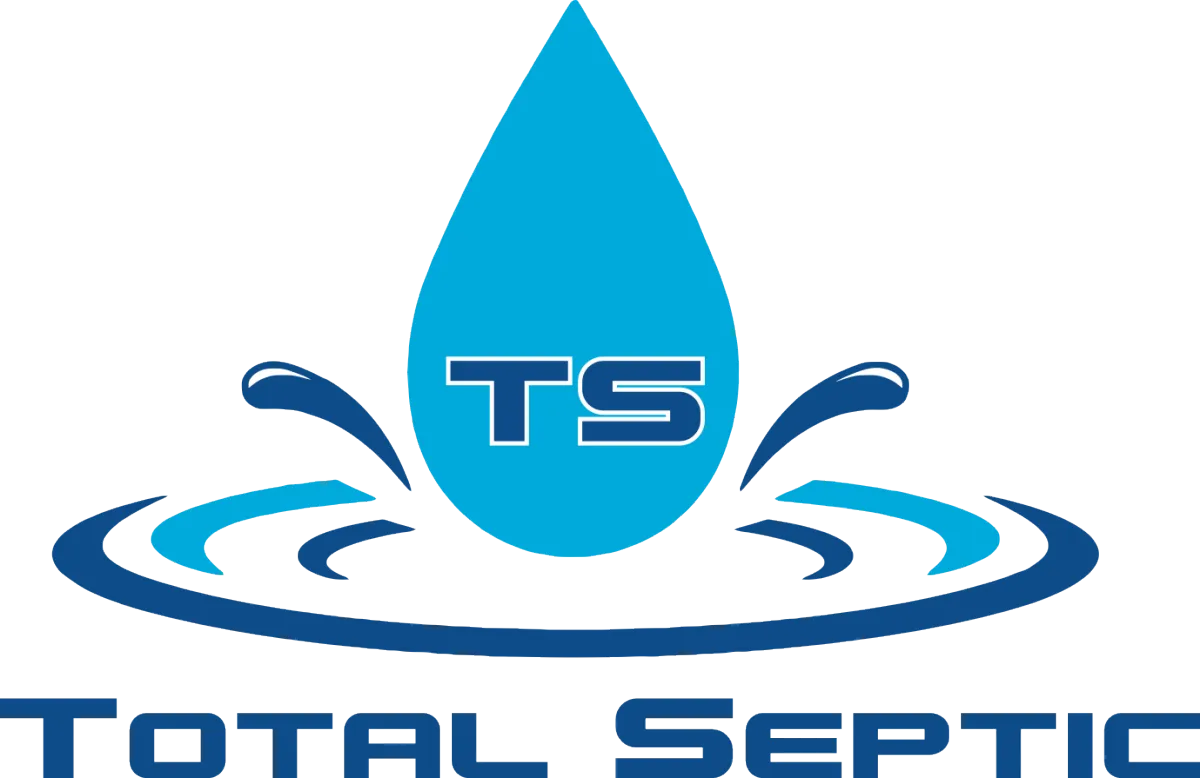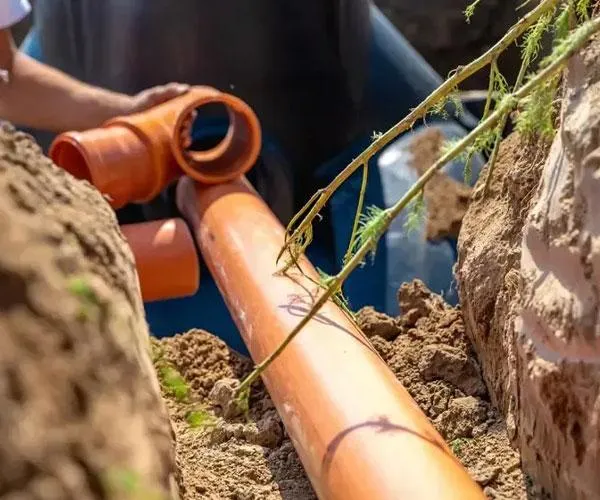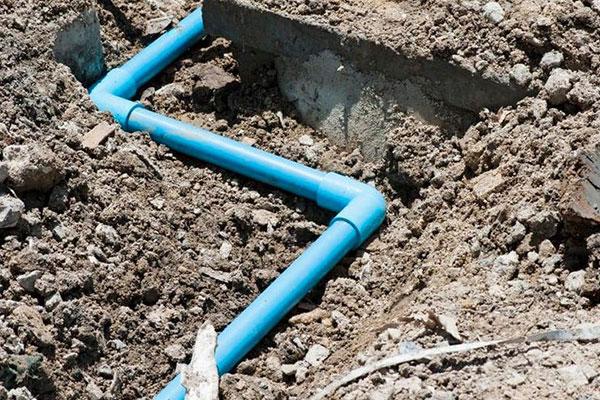
Serving Texas Counties: Collin, Grayson, Dallas, Denton, Rockwall, Fannin and Hunt
Sewer Repairs near Denton County, Texas
Total Septic is Committed to superior quality and results!

AVOID COSTLY MISTAKES:
Do NOT hire an excavating contractor without first reading our free guide:
The ULTIMATE Excavation & Septic "Success Guide."

Sewer Repairs near Denton County: What Texas Homeowners Should Expect
If you’re staring at slow drains, foul odors, soggy spots, or a backed-up line, you don’t need hype—you need clarity. This guide explains how Sewer Repairs near Denton County, Texas actually work in Texas, what they cost, how long they take, and how to hire with confidence. The goal is simple: help you avoid surprise bills, missed permits, and avoidable damage.
How Can We Help?


Why near Denton County matters
Choosing a provider familiar with local soil, utilities, and Texas codes reduces risk and speeds approvals. North Texas clay can shift, swell, and shrink; older neighborhoods may hide brittle cast iron or Orangeburg; rural properties often connect to long laterals. Local expertise turns those variables into a predictable plan.
What counts as sewer repair
“Sewer repair” covers diagnostics and fixes for the private line that carries wastewater from your building to the municipal main or a septic tie-in. Common services include camera inspections, hydro-jetting, root removal, point repairs, spot-liner patches, full line replacements, cleanout installs, and trenchless methods like pipe bursting or cured-in-place lining (CIPP).
Benefits of Timely Sewer Repairs near Denton County, Texas
Protect your foundation and slab from washout or heaving.
Stop contamination risks and sewer gas in living spaces.
Restore full flow, eliminating backups and repeat clogs.
Preserve landscaping and hardscape with targeted methods.
Reduce emergency callouts by fixing root causes, not symptoms.
Maintain property value and speed buyer inspections.
Align with the Texas code to avoid fines and rework.
Benefits of hiring for Sewer Repairs near Denton County
Local mapping knowledge cuts down on guesswork and utility conflicts.
Accurate, written scopes prevent scope creep and mid-project add-ons.
Right-sized equipment for tight easements, alleys, or long rural runs.
Permit handling with Denton County jurisdictions and nearby cities.
Trenchless options are offered when excavation isn’t the best value.
Clear warranties and service records for resale or future service.
See Our Excavation & Septic Services

✔️ Commercial Excavation
✔️ Residential Excavation
✔️ Demolition
✔️ Dozer work
✔️ Septic inspections
✔️ Septic system pumping
✔️ Septic installs traditional systems
✔️ Septic tanks - aerobic systems
✔️ Septic tanks - Plastic/poly
Quality Services Launched FAST!

✔️ Septic tanks - Concrete
✔️ Sewer repairs
✔️ Trenching
✔️ Utilities Trenching
✔️ Pump Outs Installs
✔️ Maintenance Contracts
What Are You Waiting For?
The process for hiring Sewer Repairs near Denton County, Texas
Discovery call: Share symptoms, age of the line, past repairs, and access points.
Site visit and inspection: A pro locates the line, runs a camera from the cleanout/toilet stack, and maps depth and material.
Diagnosis report: You receive video clips, stills, and a repair matrix comparing spot fixes vs replacement, trench vs trenchless, and pros/cons.
Transparent pricing: Bid shows lineal feet, depths, restoration notes, traffic control, and permit fees.
Scheduling and permits: Contractor submits to the appropriate Texas city or county authority and calls 811 before digging.
Repair day: Crews set protection, execute the chosen method, test flow, and backfill.
Closeout: Final inspection, warranty, and maintenance plan.
Cost ranges in Texas (ballpark)
Every property is unique, but rough ranges help planning: camera inspection $200–$500; hydro-jetting $300–$900; spot repair $1,500–$4,500; short trenchless section $3,000–$8,000; full replacement $80–$250 per linear foot depending on depth, surface restoration, and utility congestion. Ask for a line-item quote that you can compare apples-to-apples.
Methods: trench vs trenchless
Open-cut excavation is straightforward and often the best value for shallow lines or when grade corrections are needed. Trenchless options minimize yard disturbance:
Pipe bursting replaces brittle pipe by pulling a new HDPE line through the old pathway.
CIPP creates a new structural pipe within the old one, ideal for certain diameters and bends.
Point repair sleeves fix isolated failures without replacing the whole run.
The best method balances lifespan, soil movement, access, and budget.
Timeline and what to expect
Most spot repairs finish in a day. Larger replacements run two to four days, plus time for permitting and concrete/asphalt cures. Weather, depth, and utility conflicts can extend timelines. Your contractor should give a written schedule with milestones and daily cleanup expectations.
Permits, codes, and inspections in Texas
For Sewer Repairs near Denton County, you’ll typically need a permit from the city or county and an inspection before backfill. Expect 811 utility locates, erosion controls, and traffic control if work touches the right-of-way. Homes with cleanouts set to grade make inspection and future maintenance faster—ask to add one if you don’t have it.
How to prepare your property
Clear vehicles from driveways, unlock side gates, and mark pet areas and irrigation controllers. Note where indoor drains are sluggish so technicians can test results quickly. If trees sit on the line path, discuss root barriers or thoughtful reroutes.
Risks of delaying repairs
Leaks grow, roots thicken, and soil voids expand. Waiting can turn a $2,000 fix into a $15,000 rebuild, especially if paving, retaining walls, or a slab is involved. Fast action protects safety, budget, and peace of mind.
Your next steps
Gather two to three written bids, ask for camera footage, compare methods, warranties, and restoration plans—not just price. With the right information, Sewer Repairs near Denton County become a straightforward, well-managed project that restores flow and protects your Texas property.
Service areas in Denton County, Texas
When you’re evaluating Sewer Repairs near Denton County, Texas you could be in Denton, Lewisville, Flower Mound, The Colony, Little Elm, Highland Village, Corinth, Lake Dallas, Sanger, Roanoke, Justin, Argyle, Aubrey, Pilot Point, Krugerville, or Providence Village. Soil profiles and right-of-way rules shift across these cities, but the hiring steps stay the same: demand permit handling, a written scope, evidence before/after, and a restoration plan that respects sprinklers, fences, and driveways.
Materials, warranties, and documentation
Confirm pipe type (PVC SDR-26 or Schedule 40, HDPE for bursting, or ASTM-rated CIPP), joint method, and bedding. Get a written warranty with transfer terms. Save camera files, photos, and an as-built sketch; these records speed future service and support resale value.
Facebook
Google Plus